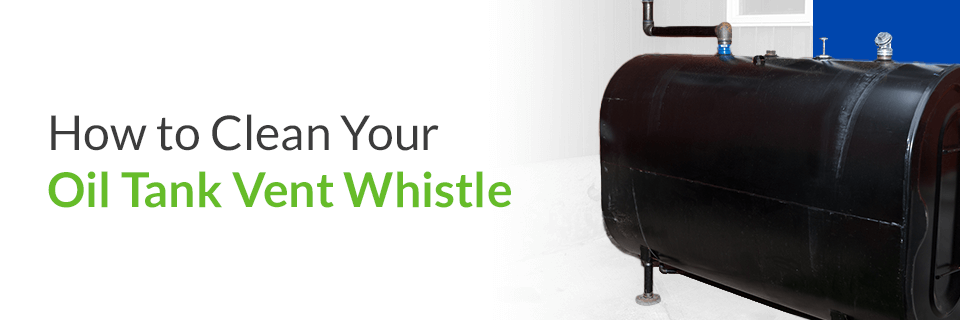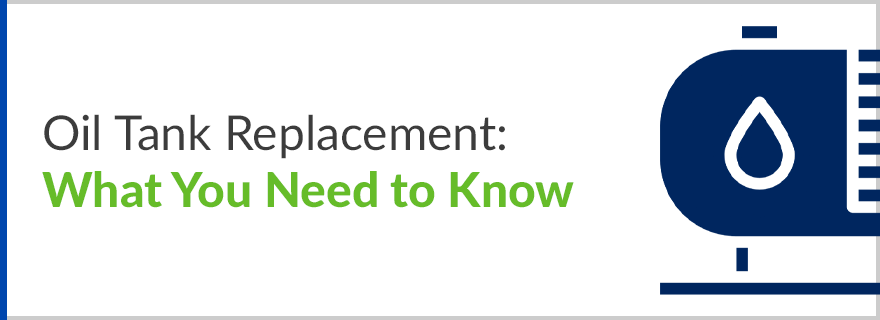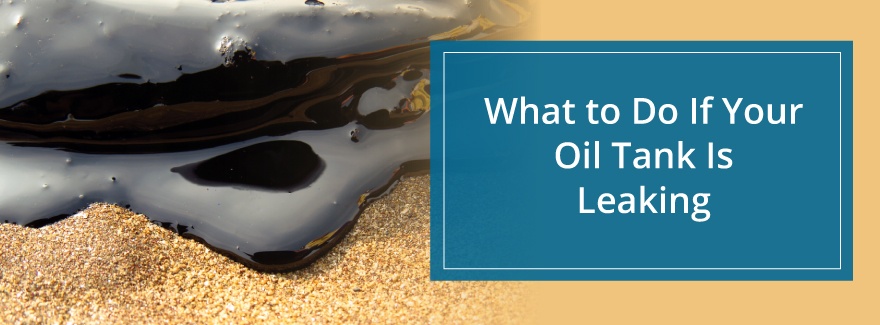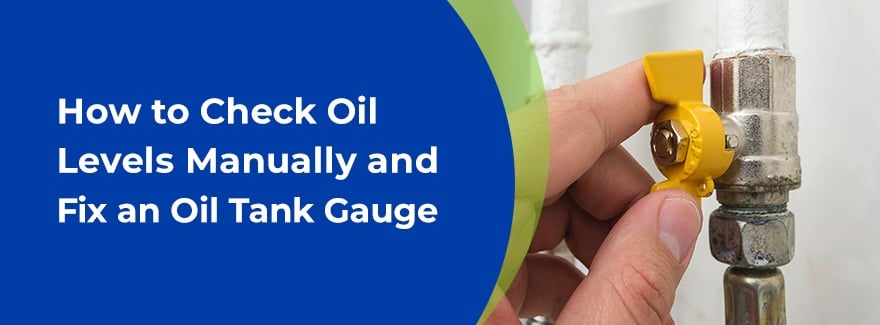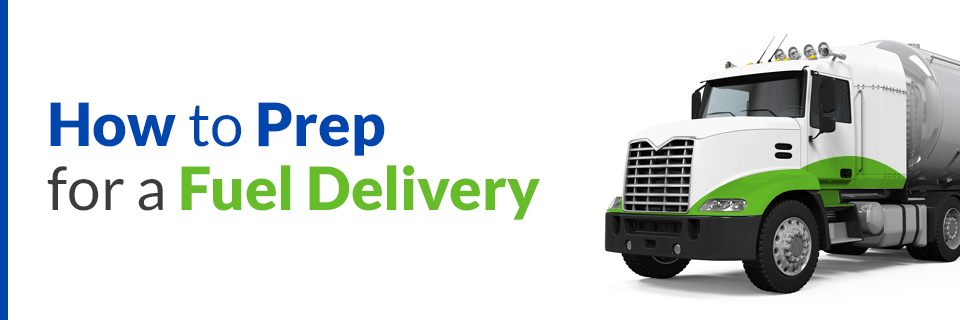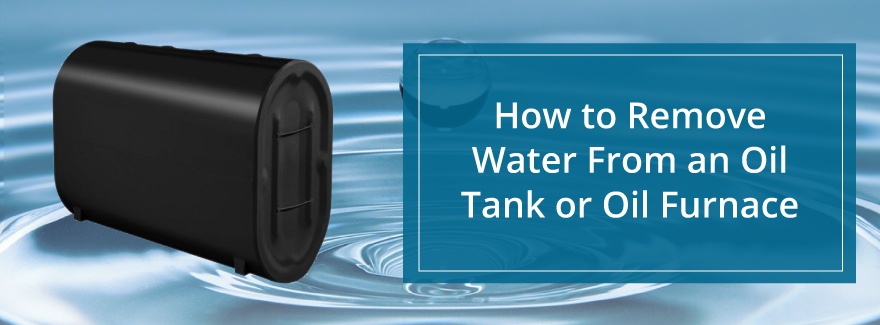If you are one of many homeowners who use an oil tank to heat their home, you know that there are several crucial steps to maintaining it properly. From servicing your oil furnace and tank regularly to keeping up with new oil deliveries, proper maintenance is essential for your home's proper heating safety and efficiency.
Many Northeastern homeowners choose oil tanks for an affordable, long-term heating solution. While the low maintenance and simple design of oil tanks generally provide longevity, a replacement will be necessary once the tank approaches its life expectancy. Without annual maintenance, oil tank replacements may be required even sooner than anticipated.
Topics: oil tanks
You rely on your heating oil tank to store the oil you need to keep you warm all winter long. Winters in the Northeastern United States can be bitter, so having enough oil on hand is paramount to your family's comfort. Thoughts of your oil tank may slip your mind throughout the year, but if you run out of oil or the tank malfunctions, it suddenly becomes a prevalent issue.
As a homeowner, you face many potential problems. Fire, wind damage, floods and even earthquakes, tornadoes and hurricanes affect property in some parts of the United States. But one area many homeowners don’t consider is the problem of an oil tank leak. Depending on whether your oil tank is located inside or outside, the size of the leak and how long it’s been taking place, there is the potential not only for dramatic pollution problems, but some serious costs as well.
Topics: oil tanks
As the weather gets colder, your home must have plenty of heating oil in the oil tank. The best way to avoid running dangerously low on heating oil is to monitor the level in your tank regularly. You can do this by consulting your oil tank gauge and conducting manual inspections of your oil level with a gauge stick.
- Understanding Your Oil Gauge
- How to Manually Check Your Heating Oil Level
- At What Level Should I Have My Oil Tank Refilled?
- How to Tell If Your Oil Tank Gauge Is Broken
- The Problem With a Broken Oil Tank Gauge
- How to Fix a Broken Oil Tank Gauge
- Schedule Automatic Heating Oil Delivery With Smart Touch Energy
Topics: heating oil, oil tanks
Oil tanks store fuel oil for heating systems on commercial and residential properties. They can be above-ground or underground, but even if you can see yours, you may be asking yourself, "How do oil tanks work?" Let's take a closer look at oil tank parts and how they work together to help heat your home.
Topics: oil tanks
Whenever you schedule to have your oil or propane tank refilled with fuel, you are calling for a service that is not generally a DIY task. Understandably, you are putting your tank in the hands of professionals who know how to handle the task at hand. You, however, are the expert on the layout of your property and how to best navigate from your driveway to the location of your heating fuel tank.
Topics: heating oil, home tips, oil tanks
The weather is getting colder, and winter will be here before you know it. When you're preparing your home for cold weather, make sure you also get your oil tank ready for the winter season. This guide provides you with the tips you need to keep your oil tank functioning and your home warm and cozy throughout the winter.
Topics: heating oil, oil tanks
In many homes throughout the Northeast of the United States, oil tanks provide heat to families. Oil tanks are built to last for decades and can hold anywhere from 250 to 1,000 gallons of oil, depending on the size of the tank. However, problems can occur with this type of heating system as age, and the elements take their toll on the body of the tank.
One of the common issues that arise with oil tanks is the formation of leaks. When a leak opens up along the body of a tank, petroleum oozes to the outside. Such leakage can inflict a range of harmful and damaging effects. Unfortunately, such damage is rarely covered under conventional homeowner's insurance policies. For coverage, you need to have an oil tank insurance policy.
Topics: oil tanks
If your home heating system runs on oil, then you rely on your oil tank to safely store and protect that oil. Unfortunately, oil tanks aren't impenetrable, so you may experience the common problem of water making its way into your tank.
Topics: heating oil, oil tanks


